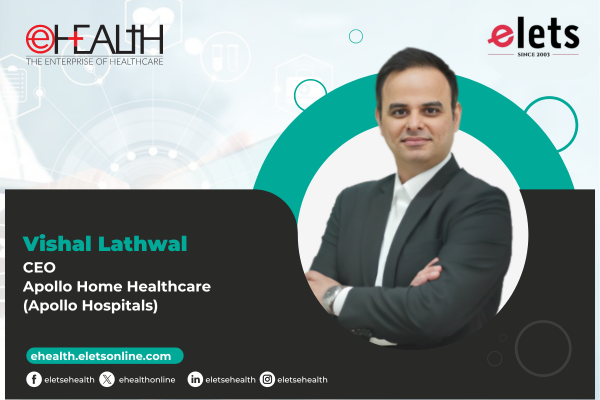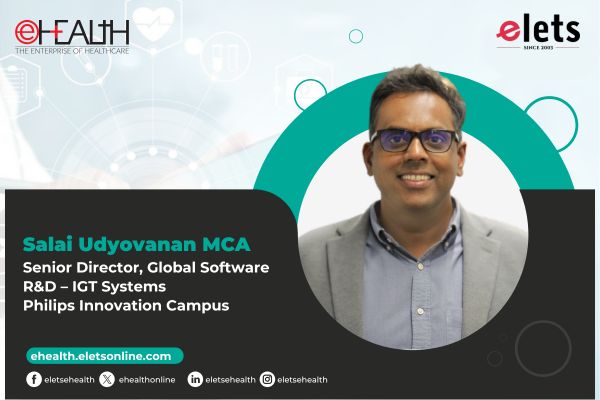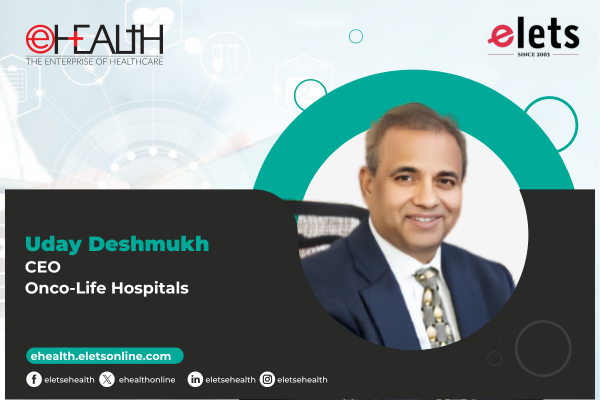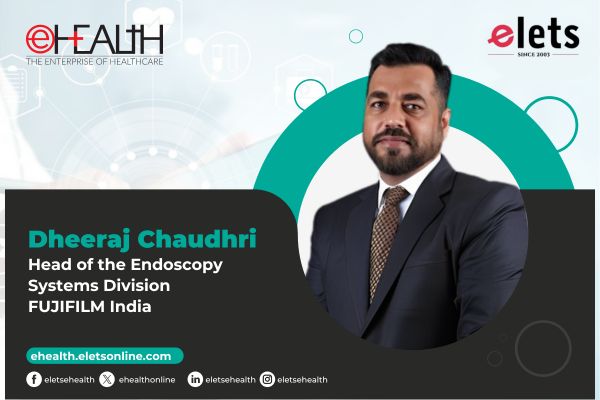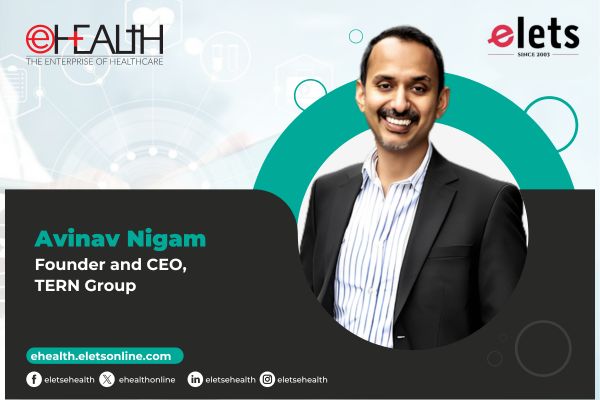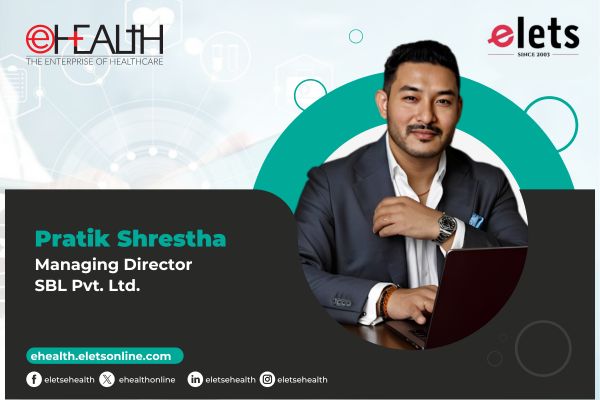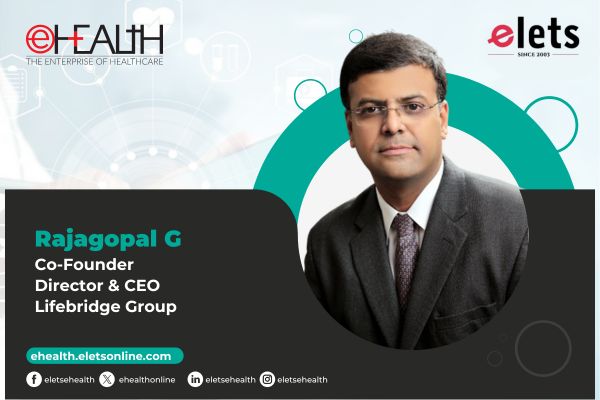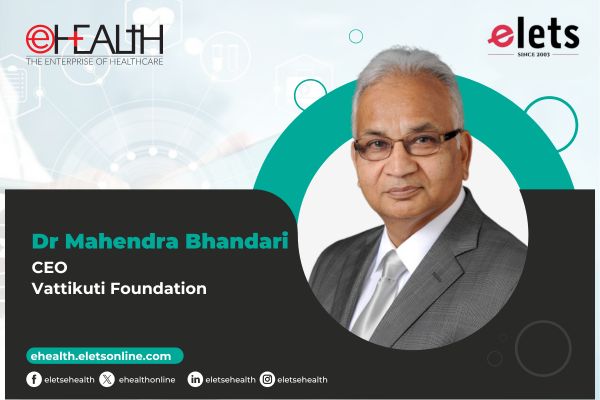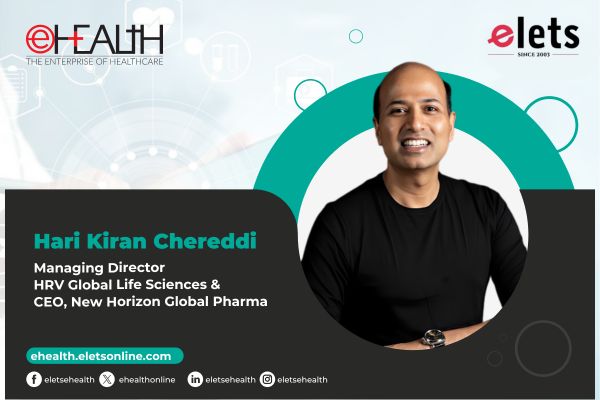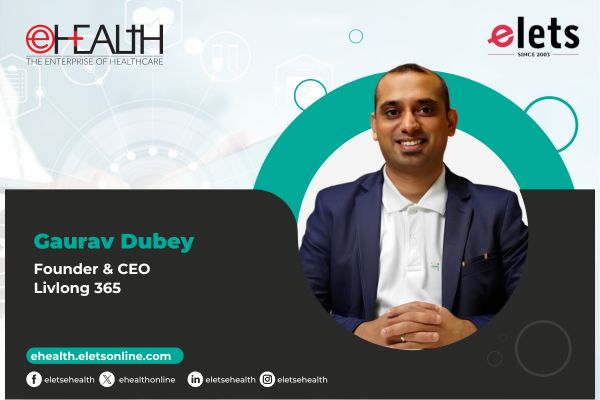
Unhealthy lifestyle, stress, and no exercises are among the factors responsible for unprecedented increase in heart diseases. The Frontier Lifeline Hospital is catering such patients with all advanced facilities in cardiac care including transplants and stem cell therapy, and valve surgery, says Dr KM Cherian, Chairman & CEO, Frontier Lifeline Hospital, in conversation with Mukul Kumar Mishra of Elets News Network (ENN).
QFrontier Lifeline Hospital is one of the best cardiac care hospitals in Chennai having 3 Cs- Compassion, Commitment, and Clinical Excellence as guiding principles. Tell us about its mission and vision.

Whatever the treatment is available in cardiac care for neonates, children, and adults, they are all available in our hospital. Valve surgery, bypass surgery, transplants, stem cell therapy are some of the treatment modalities available in our hospital.

Stem cell therapy is not available in this country for cardiac condition. We have no license to produce cardiac stem cell what we call cardiomyocytes in any institution including AIIMS. We have the largest Good Manufacturing Practice (GMP) available in the country.

We are the largest number of stem cell, and clinical experience hospital in Asia. A total of 127 patients have been treated not only from India but other countries as well. The youngest patient who got stem cell therapy was two-years old.

Q Explain in simple terms ‘Minimally Invasive CABG’ and ‘valve repair/replacement’.
How technology plays a pivotal role in this area? Today Coronary Artery Bypass Grafting (CABG) can be done by Minimal Invasive Procedures such as mini CAB, MICAS, and ROBOTIC. Even valve replacement can be done by that through the chest without opening the sternum, the middle bone of the body.
Q Some people misinterpret cardiac arrest as heart attack. Please explain the difference between the two.
Cardiac arrest means stoppage of heart. It doesn’t beat and can’t perform the normal function. Heart in relaxed phase is called diastole while in contract stage it is known systole.
In these two stages cardiac arrest can occur. Heart could contract and stops like a cricket ball or balloon filed with water.
In heart attack, blood supply to heart machinery gets blocked. It’s because of angina that is chest pain. 70 percent of heart attacks can be treated.
Immediate treatment is to dissolve the clot which has blocked the artery. This can be done as first aid by just giving an antiplatelet to patients. The cheapest antiplatelet is a tablet of aspirin. Such patients are given clot lytic agent in hospital. In this process, clot is lysed through injection.
Q What can be done to provide immediate aid in such an emergency situation?
If someone in your family or a friend suddenly gets a heart attack, you can dissolve an aspirin in a glass of water and give it to him. But the patient must be taken to the hospital immediately.
Heart suddenly stops functioning during cardiac arrest. The immediate remedy is Cardiopulmonary Resuscitation (CPR). It can be done by compressing the lower part of the sternal bone with both hands for minimum 30-40 times. Patient can be given mouth to mouth respiration minimum 10 times/minute. Meanwhile somebody should contact ambulance service for immediate help.
Q Youngsters are falling victim of heart attack and cardiac arrest today. How due to see the role of risk factors like stress, food habits, and sedentary lifestyle?
If youngsters are falling victims for heart attack, usually it is hereditary. If your father had heart attack in past, your chance of getting the attack is 60 percent. Similarly if your mother had attack, you are again vulnerable. If both mother and father had heart attacks, there is 80 percent chance that you will face the problem.
Obesity, too much intake of salt, no exercise, and smoking are some of the causes. Exercise is must to keep stress at the bay. It is advisable to people especially in fourties to do regular exercise and maintain healthy habits so that they don’t get inflicted with the fatal disease.
Q India is home to 40% of the world’s 2.6 crore patients with heart failure, yet there is poor awareness about the condition and its treatment. What is your viewpoint?
Preventive education to children is must. It should be taught in schools. They must be involved in sports activities daily for at least half an hour. One should keep in mind that sport exercises are equally important like tuition classes. Without physical activities tuition will not help body. It might not help even the brain.
Students should be given time for meditation and relaxation to ease out peer pressure and other sort of built up tension. Role of family holds huge importance here to encourage kids for physical activities. Both, exercise for body and brain are important. In addition, good healthy habits, healthy food and self discipline are equally important.
Q What are your suggestions to improve things on front of cardiac care?
India should work on basic research to build solid organs like liver, kidney, heart, and lungs. The country needs to focus on research to grow these vital organs. Countries across the globe are doing exemplary work in medical research. There is no encouragement for the basic research in our country. The Department of Biotechnology doesn’t work on this front. India should invest heavily on research work, that’s utmost important.
Be a part of Elets Collaborative Initiatives. Join Us for Upcoming Events and explore business opportunities. Like us on Facebook , connect with us on LinkedIn and follow us on Twitter , Instagram.
"Exciting news! Elets technomedia is now on WhatsApp Channels Subscribe today by clicking the link and stay updated with the latest insights!" Click here!






